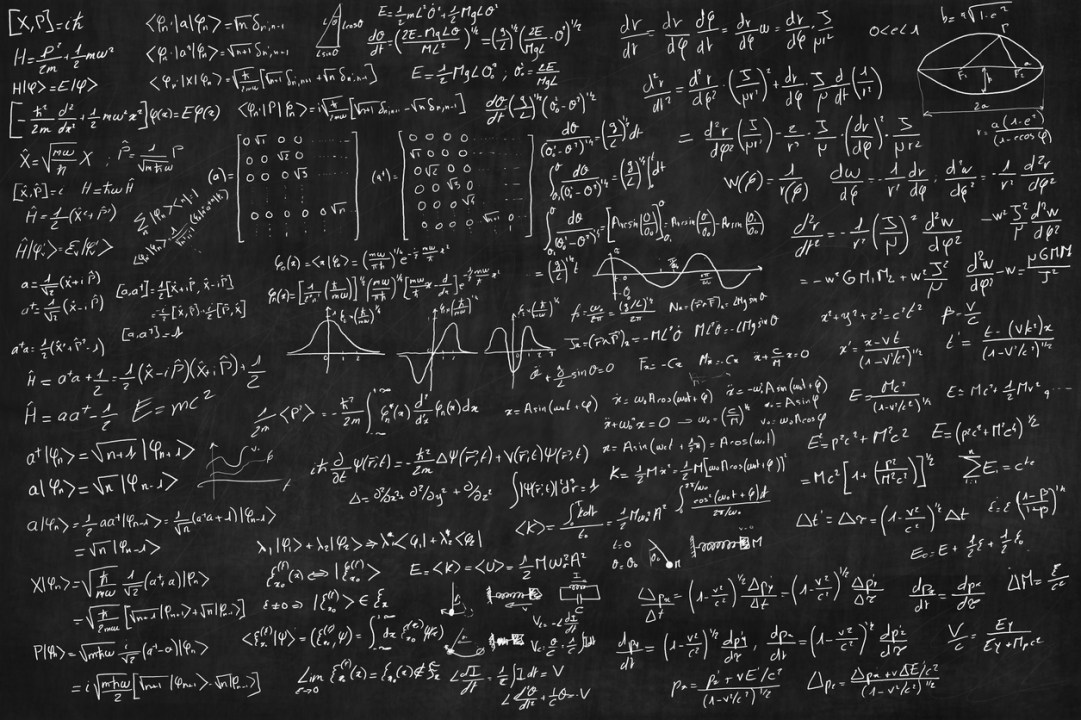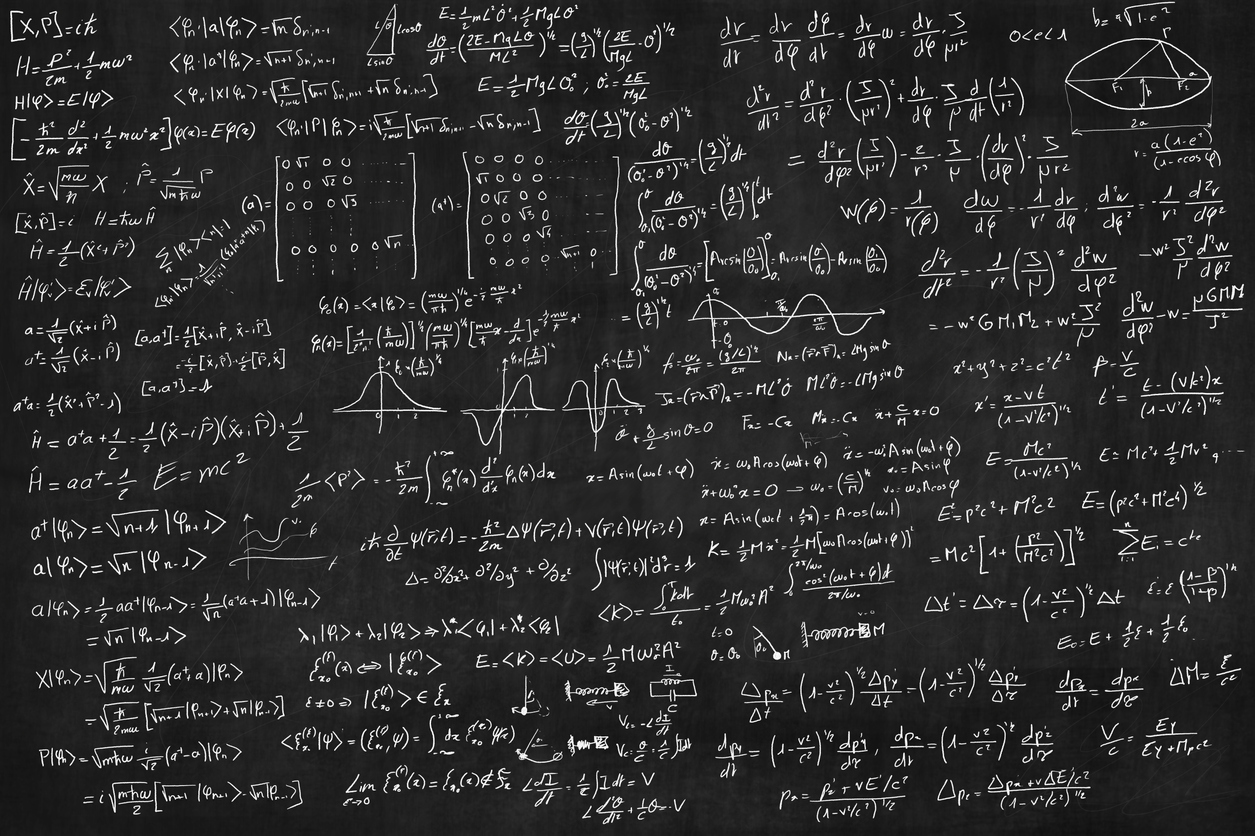In March, the Quality Assurance Agency for Higher Education (QAA) – an independent body which oversees standards and quality in UK universities – released new guidance on curriculum design in mathematics. This guidance states:
‘Values of EDI [Equality Diversity and Inclusion] should permeate the curriculum and every aspect of the learning experience.’
At least on the face of it, this guidance seems odd. University lecturers are not teaching racist courses on calculus or sexist proofs of the prime number theorem. There is, therefore, no need for the QAA to tell them that they shouldn’t do this.
Can saying 2+2=4 be racist? Astonishingly, there is a hardcore of postmodernists who would say that it can. One such argument is: human knowledge can never be perfect; rational argument is only one way of knowing; rational argument was promoted in the enlightenment as a means of denigrating indigenous ways of knowing and oppressing colonised peoples; therefore saying that 2+2=4 smacks of white supremacy. This is a fringe view, but it is a real one. An historian speaking at the London Mathematical Society this week sincerely proposed that we should question the claim that 2+2=4, though she did not expand on her reasons.
Nevertheless, the majority of those calling for an EDI overhaul of mathematics are not seeking to change mathematics only the mindset of mathematics students. This though is in many ways even more alarming.
University lecturers are not teaching racist courses on calculus or sexist proofs of the prime number theorem
If we agree that we should instil the values of EDI in our students, we had better agree on the values of EDI. Yet there could scarcely be a more polarising topic. Is Baroness Kishwer Falkner, chair of the Equalities and Human Rights Commission ‘entirely sensible’ or is she, as some have told her, ‘transphobic scum‘? Is Sir Ed Davey correct that women can ‘clearly’ have a penis, is Keir Starmer closer to the truth when he says that 99.9 per cent of women do not have a penis, or is Rishi Sunak’s bold assertion that 100 per cent of women lack a male member correct? Whatever your views on EDI, the one thing you can rely on is that someone else believes the exact opposite.
The QAA’s mathematics guidance ignores the existence of these debates and so tacitly sides with the ‘no debate’ school of thought on diversity and inclusion popularised by groups such as Stonewall. The guidance encourages lecturers to discuss the fact that some statisticians were inspired by eugenics, that others were Nazis, and that some astronomical data was gathered on plantations. All of this appears to support the QAA’s theory that there are ‘historical and ongoing issues around power dynamics and gatekeeping in both access to and generation of [mathematical] knowledge.’ One might naively have thought an EDI focused mathematics curriculum would focus on figures such as Emmy Noether, a female Jewish mathematician who was persecuted by the Nazis, or Alan Turing, who played a crucial role in their defeat. The QAA do not mention such examples because they are more interested in bolstering the theory that maths has a racist history than in accurately reflecting the more complex reality.
This does not just affect mathematics. The QAA are adding new sections on EDI to all their curriculum guidance. While the mathematics guidance is particularly awful, it is not difficult to find some choice quotes from across the curriculum. The Earth Sciences guidance is notably postmodernist in recommending ‘valuing different… ways of knowing.’ Ensuring the use of politically correct language is a common theme, with the Business and Management guidance suggesting that students might be enlisted to enforce this: or as they put it there are ‘opportunities to involve students as co-creators of the curriculum to ensure the use of inclusive language.’ The economics benchmark perhaps wins the prize for the most authoritarian advice, recommending that economics programmes ‘adopt a zero-tolerance approach to… everyday microaggressions.’
I organised an open letter to the QAA this week which noted that ‘the only thing that should permeate the mathematics curriculum is mathematics.’ This letter was signed by over 50 mathematicians.
The QAA’s response to the mounting criticism of their approach has been rather surprising. Rather than arguing a detailed case for their guidance, they have chosen to emphasise the fact their guidance has no legal force. Their CEO, Vicki Stott, wrote a comment piece for an education think-tank stating that ‘Contrary to how the coverage frames it, the Statements are not mandatory.’ It is strange that she should focus on the media coverage rather than the actual concerns of academics. Academics are not concerned that universities will literally be dragged through the courts if they don’t decolonise their curricula. Our concern is that QAA guidance combined with activist pressures from students unions, EDI departments, research funders and even bodies such as Unesco will influence university policies in a way we cannot control. We are also concerned that the genuinely useful guidance that the QAA guidance provides (for example, that universities should provide mathematicians with blackboards) will lose any credibility if the QAA continues to insist on political partisanship.
If the QAA’s only defence of their own benchmarks is to point out that they can be ignored, they can’t complain if they are taken at their word. Susan Lapworth, chief executive of the Office for Students seems to have done just that, stating: ‘The OfS no longer works with the QAA on the regulation of quality in English universities. We do not expect universities to follow the QAA’s benchmark statements and we do not endorse or support the content of those documents.’
Universities have also picked up the QAA’s point. Lord Patten, the Chancellor of Oxford University pointed out in the House of Lords that ‘All that any university has to do is what Oxford has done – withdraw its subscription to the QAA.’ Lord Patten also stated: ‘I regard the QAA’s advice to universities as in many respects the most dangerous assault in the last few years on freedom of expression and research at universities.’
Perhaps realising that their previous defence of their guidance had set the wrong tone, the QAA this week decided to go for more of a rhetorical flourish. They now say they are ‘proud to hold the pen’ which wrote this guidance, which they describe as ‘a highly valued sector-owned reference point.’ While the new language is certainly stirring, one cannot help but think that, on this last point, a citation is needed.







Comments